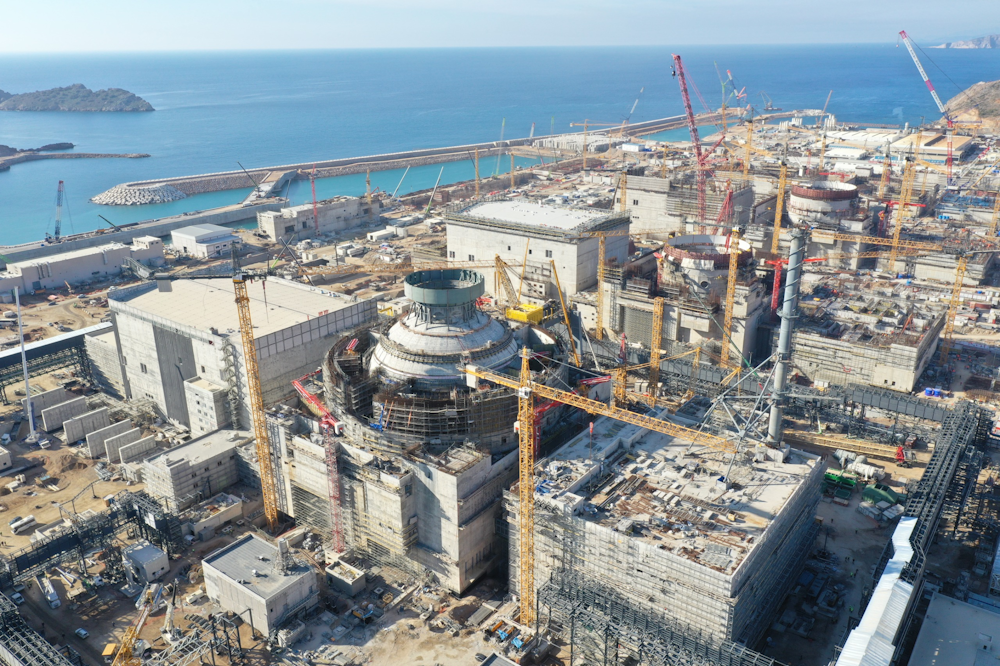Government's Nuclear Ambitions: EAC Seeks Clarity AmidWelcome
The UK government's initiative towards adopting modularnuclear technologies has garnered praise from the Chair of the EnvironmentalAudit Committee (EAC), who emphasizes the need for a comprehensive deliveryplan.
In recent correspondence exchanged between EnvironmentalAudit Committee Chair, Philip Dunne, and Secretary of State for Energy Securityand Net Zero, Claire Coutinho, the EAC underscores the importance ofelucidating the roadmap for incorporating small modular nuclear reactors (SMRs)into the energy landscape as part of the transition from fossil fuels.
SMRs, akin to traditional nuclear reactors but with lowerpower output, are anticipated to be manufactured and assembled on-site,promising cost efficiencies according to proponents. However, critics, duringtestimony to the Committee, have raised doubts regarding the scientific andeconomic rationale behind SMRs.
While the Government outlined its support for diversenuclear technologies in the Civil Nuclear Roadmap released in January 2024,Dunne highlights the prevailing uncertainty surrounding the future role of SMRsin the UK's energy framework. Despite the earmarking of £215 million for SMRdevelopment, Dunne underscores the current lack of clarity in the plans.
In response, Secretary of State Coutinho asserts theGovernment's commitment to maintaining flexibility in technology selection toensure optimal utilization of funds. She promises further elucidation on thepreferred mix of nuclear technologies as the program evolves, stressing theinability to quantify SMRs' potential savings until they are commerciallyoperational.
While Coutinho refrains from committing to a value-for-moneyassessment or facilitating a review by the National Audit Office, she assuresthat the SMR program will undergo rigorous scrutiny akin to other majorgovernment initiatives.
Expressing gratitude for the response, Dunne acknowledgesthe complexity of technology at this stage of development but underscores theneed for answers regarding SMRs' role in decarbonizing energy, along withassociated costs. He emphasizes the necessity of concluding design competitionsand evaluating bids to ascertain potential cost savings and investmentsrequired for SMR projects.
Recognizing the Government's cautious approach, Dunne urgesthe forthcoming Parliament to seek clarity on SMRs' role in decarbonization andthe associated fiscal risks, especially given the Government's intention tofinalize investment decisions for at least two projects by 2029.



.jpg)


